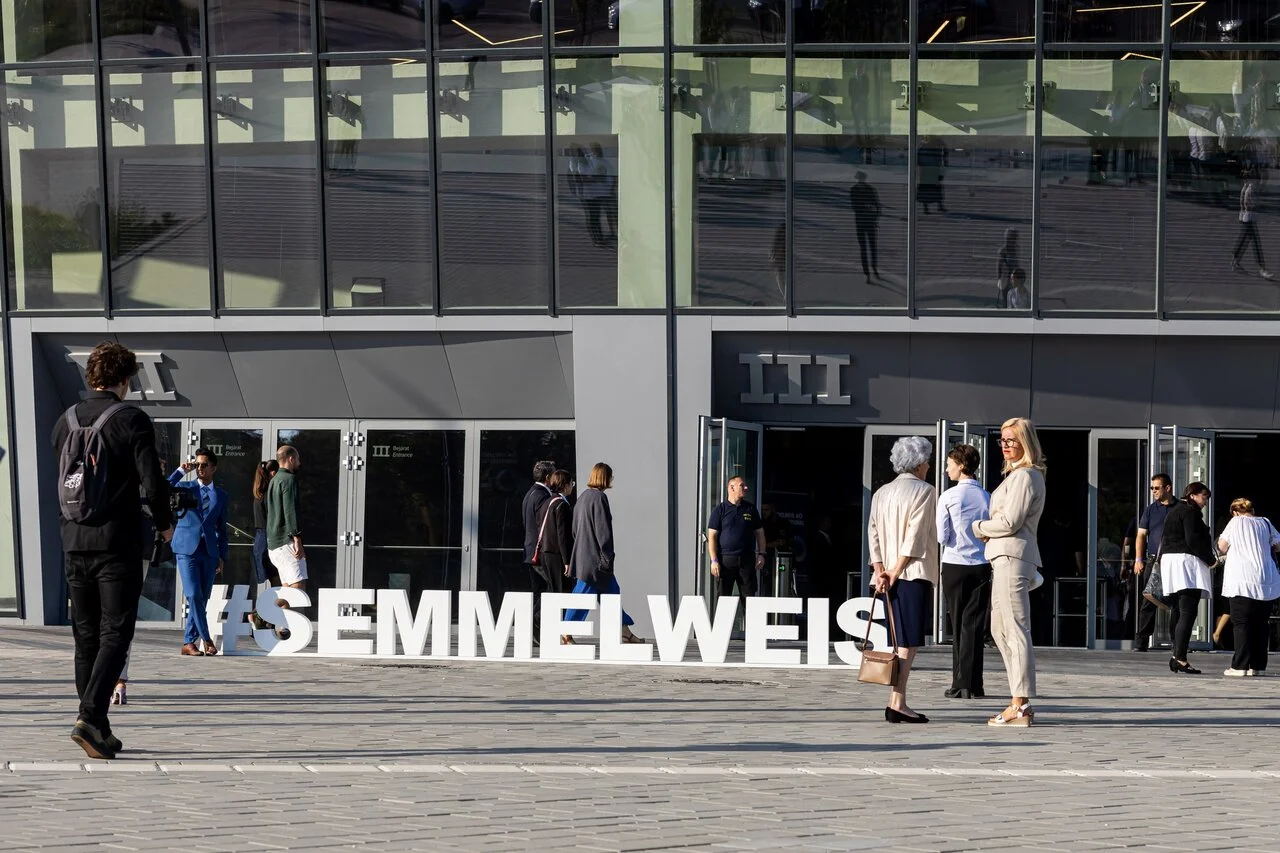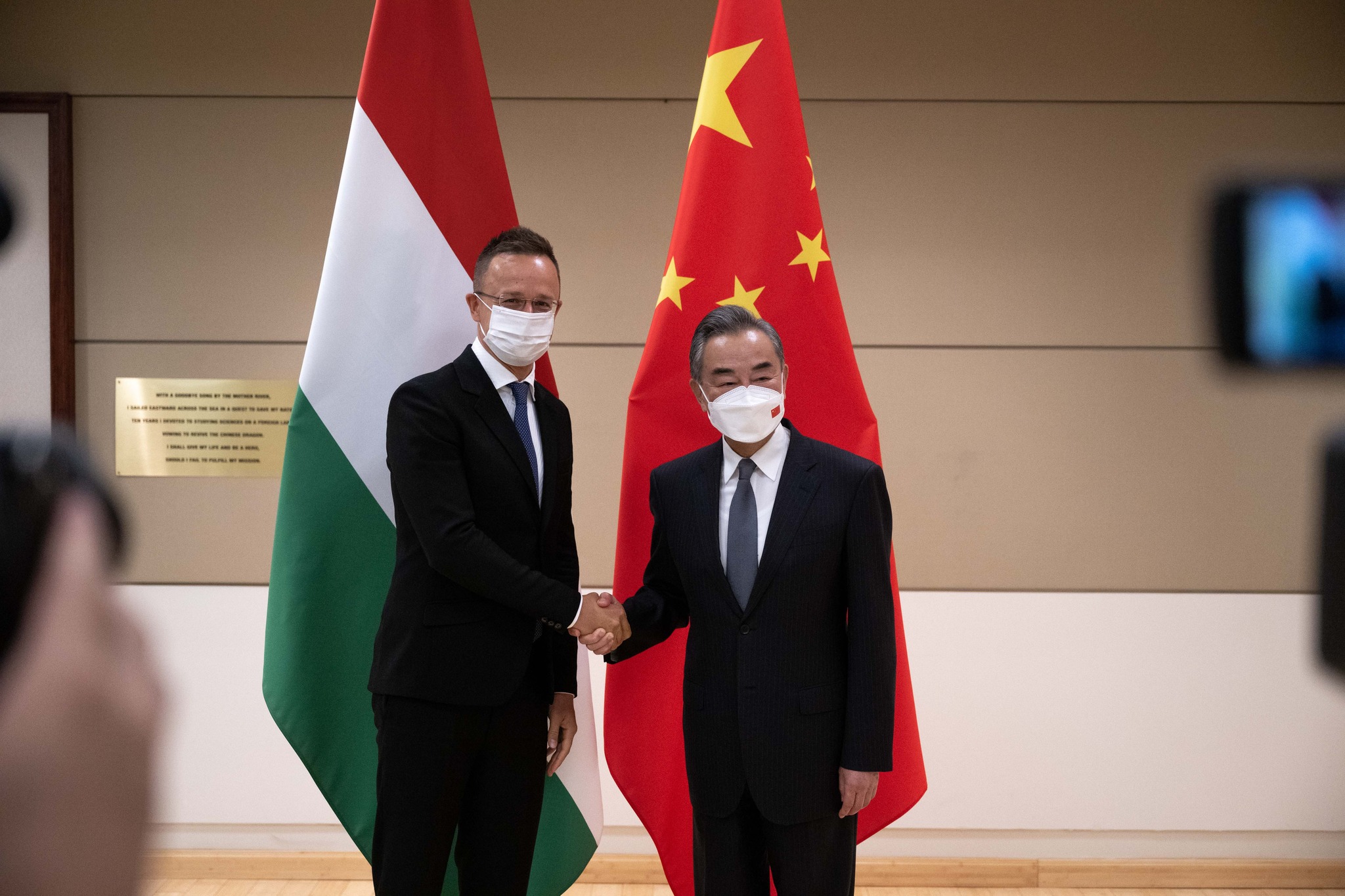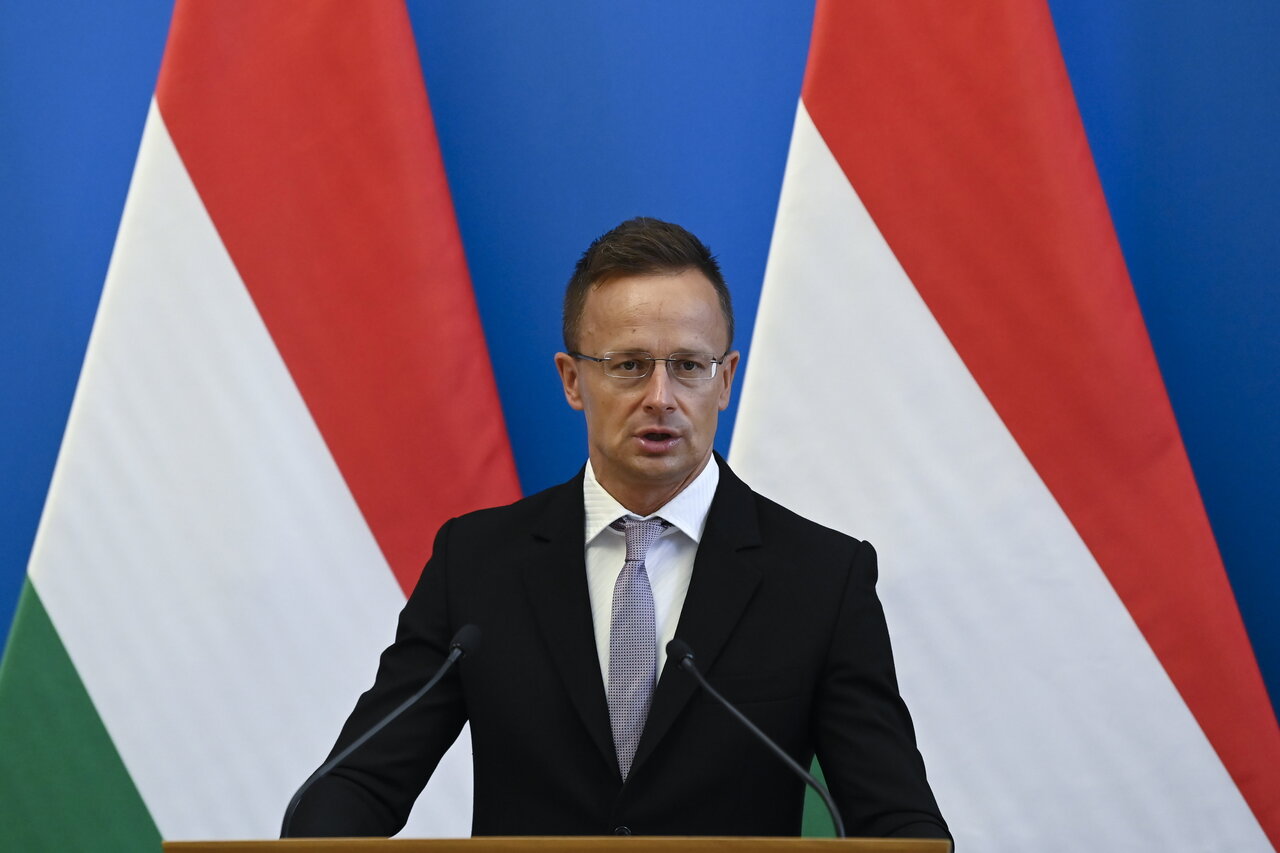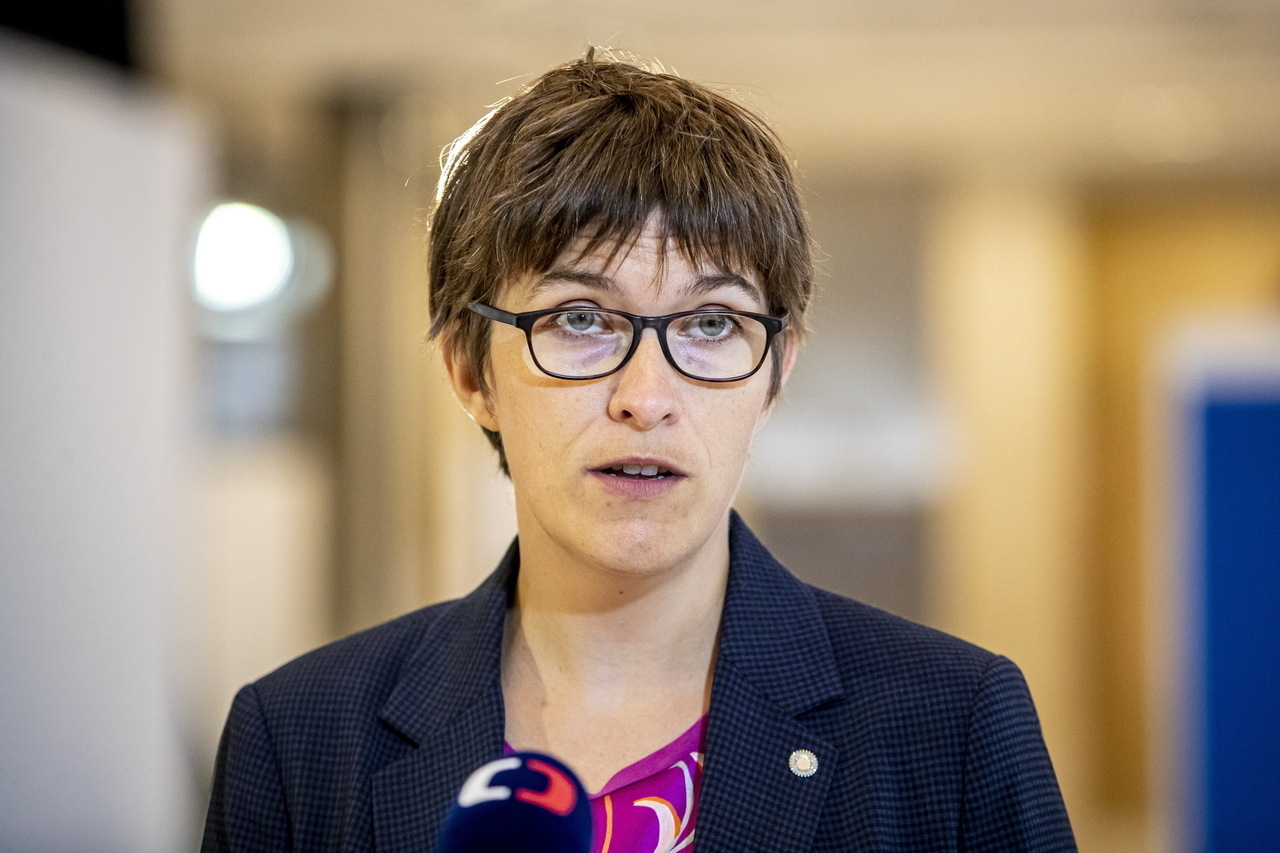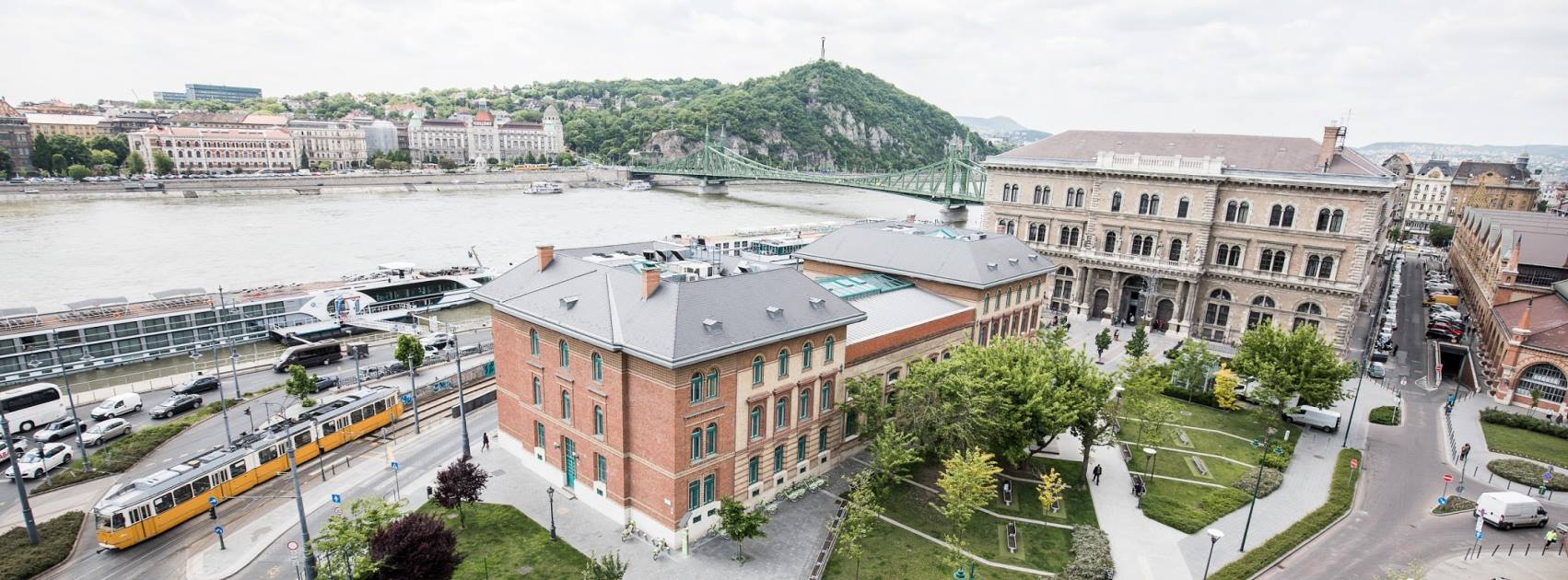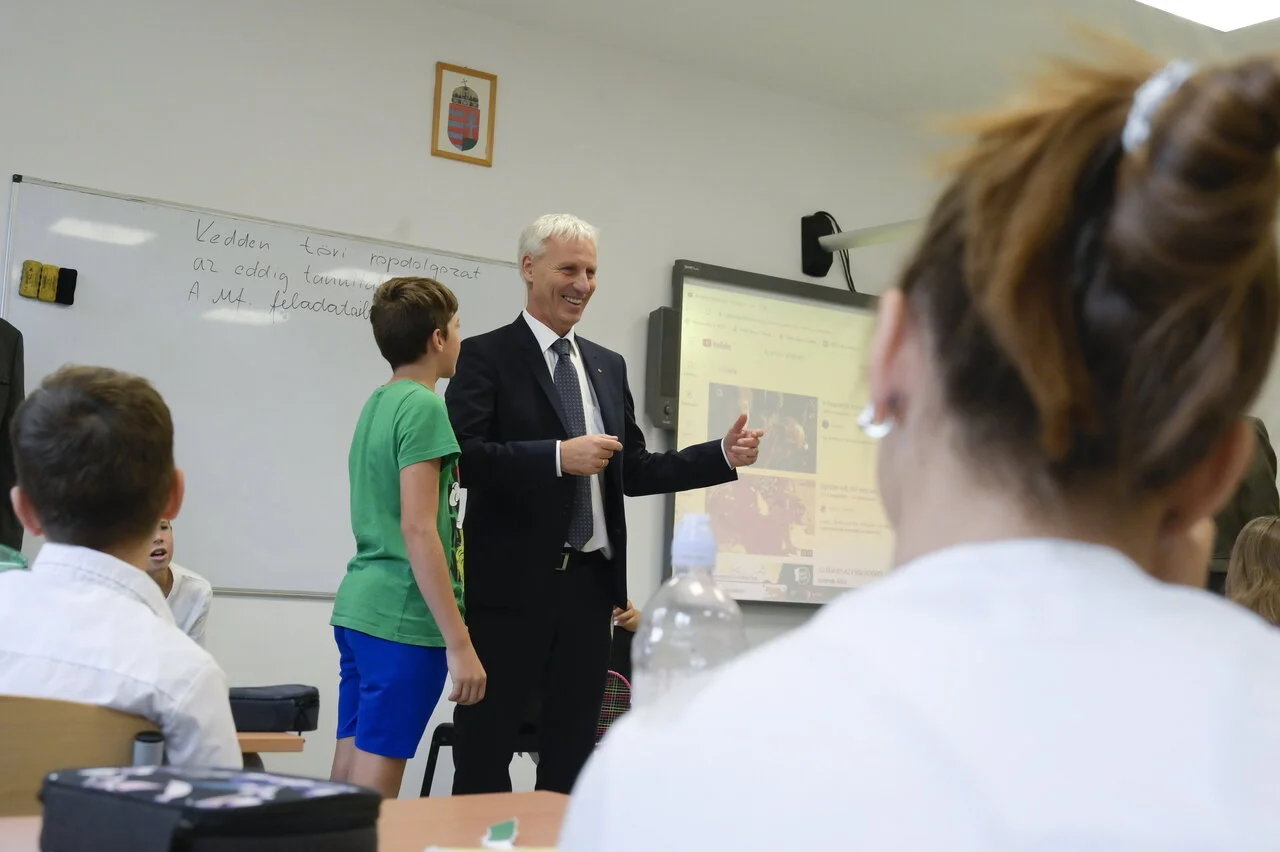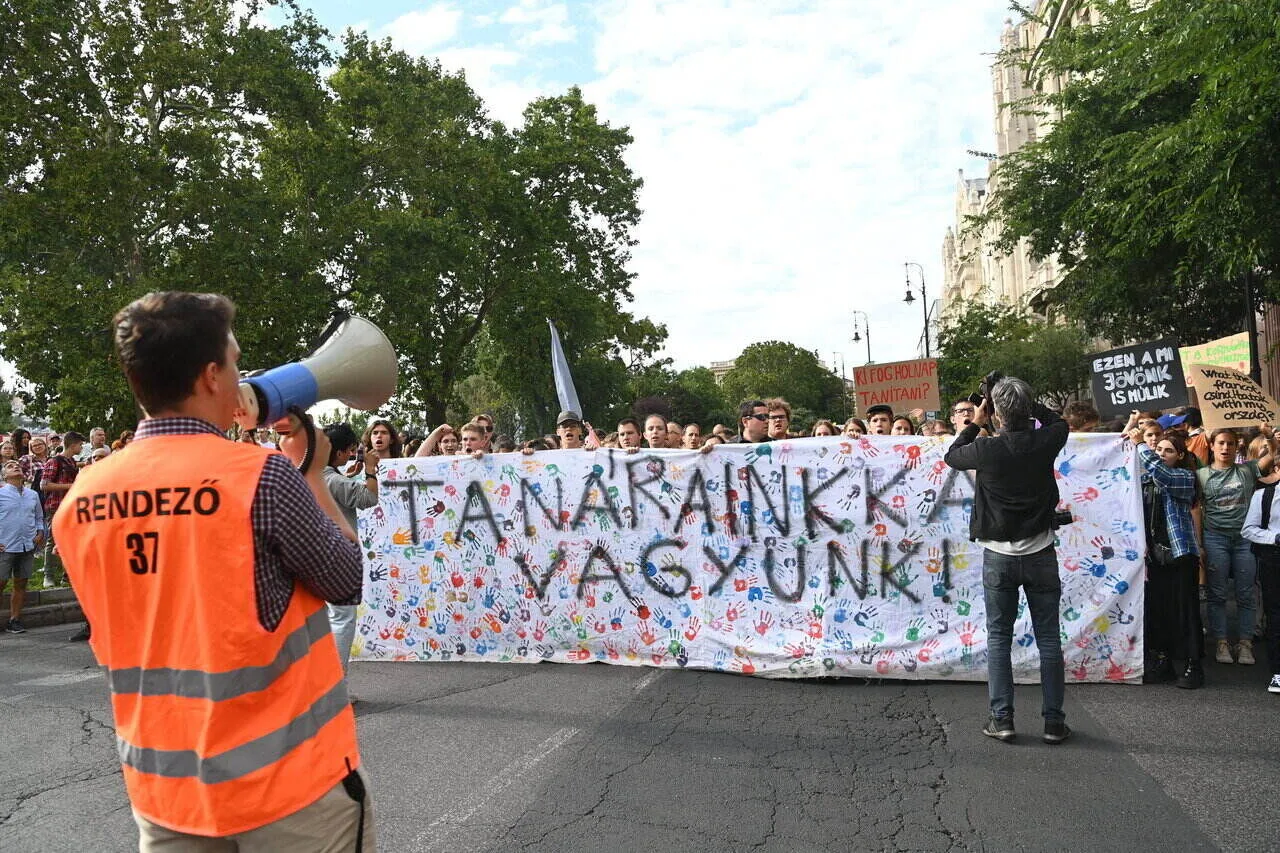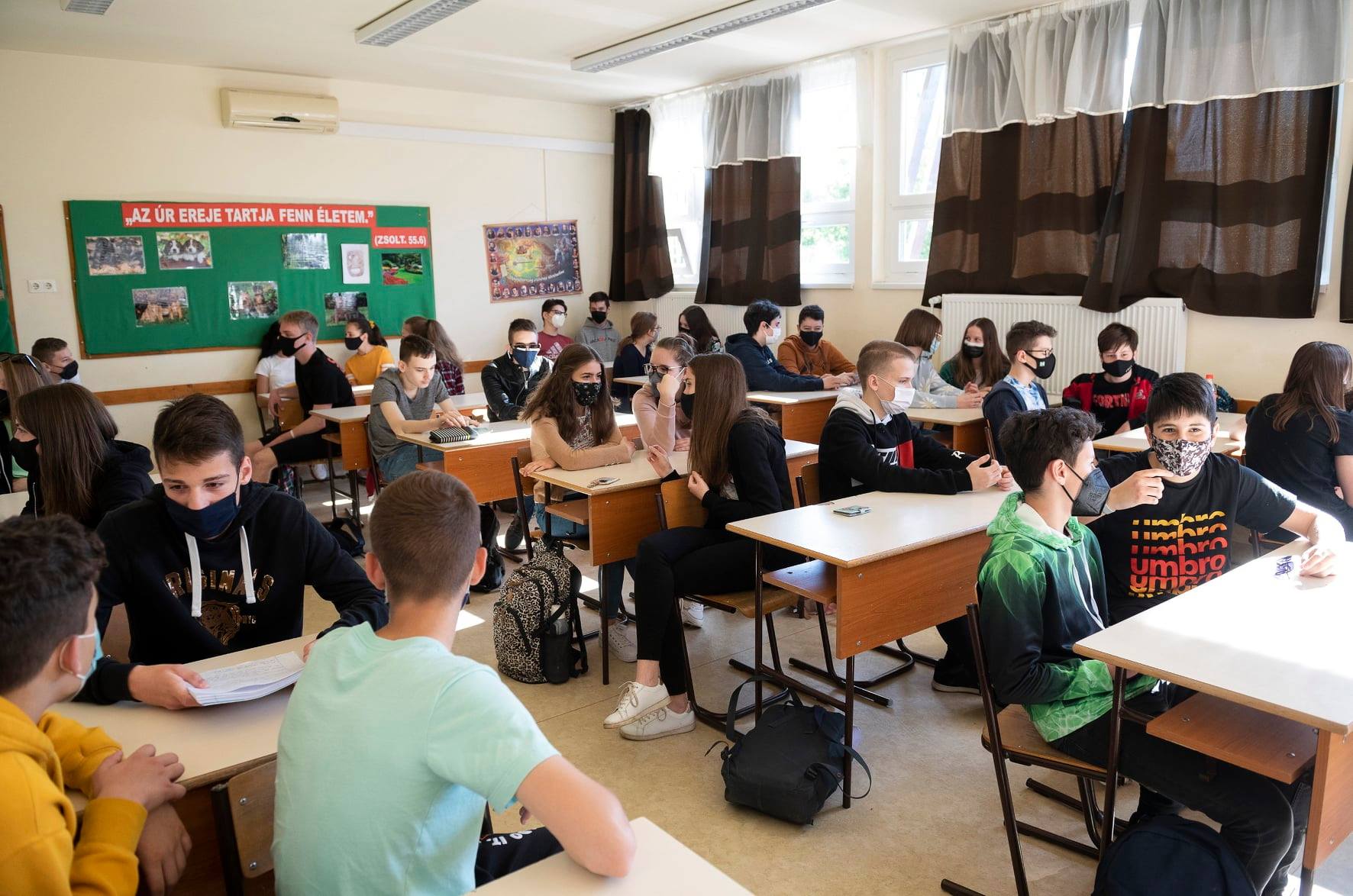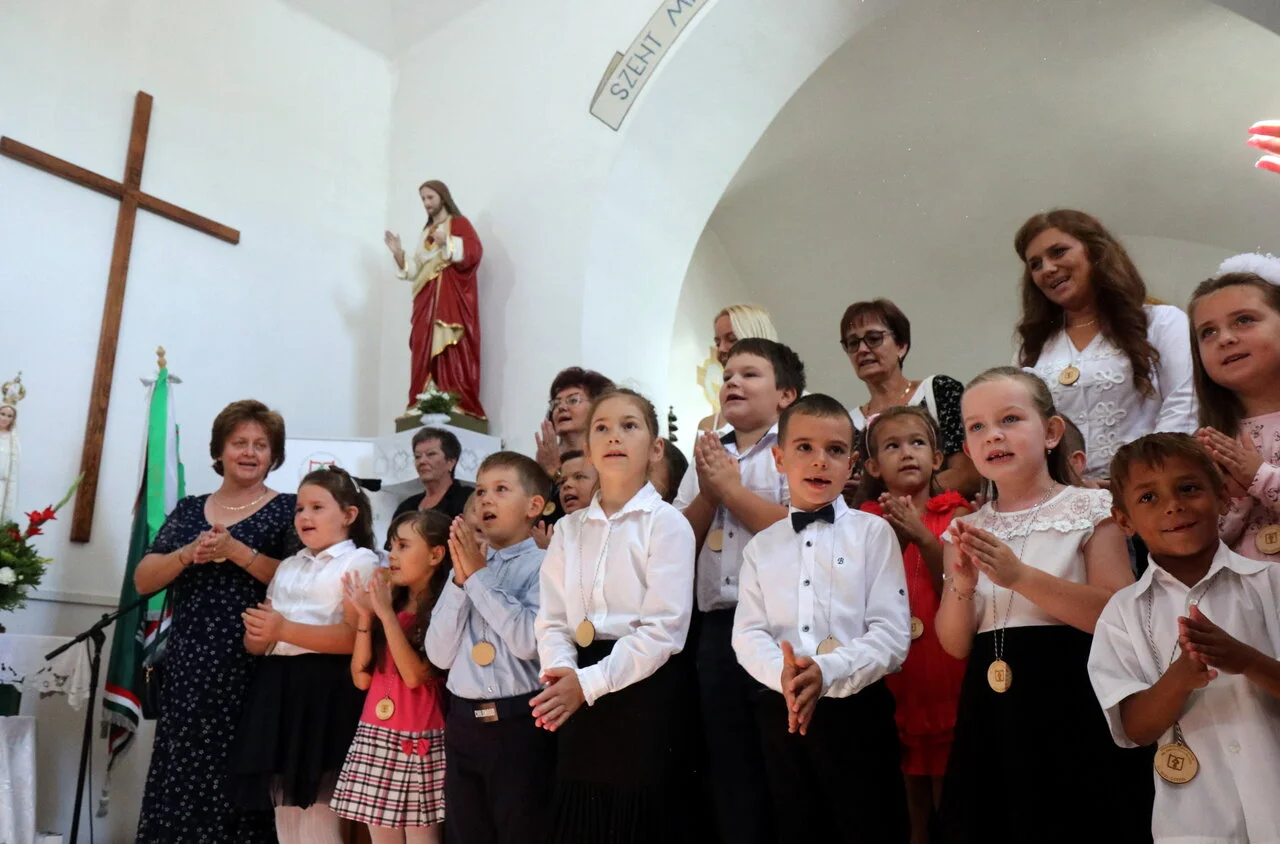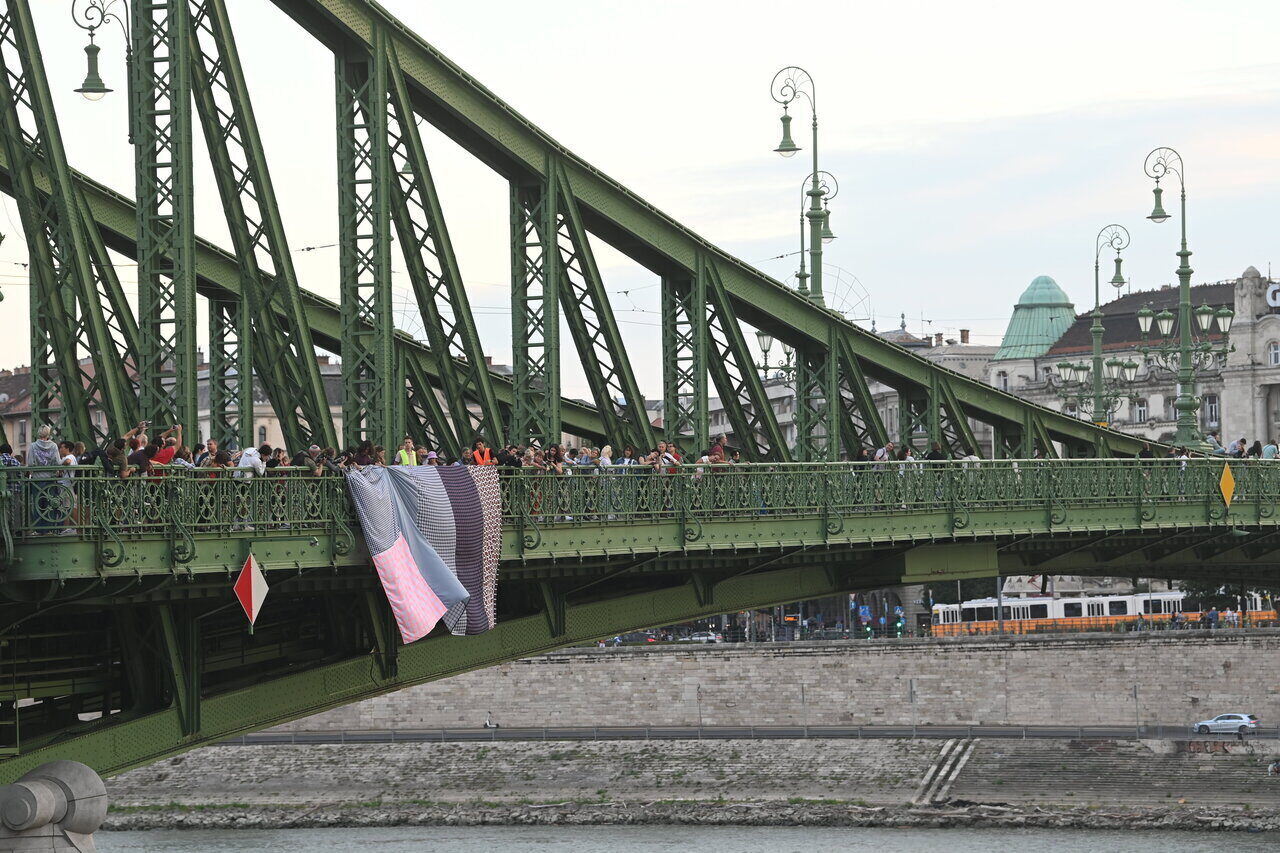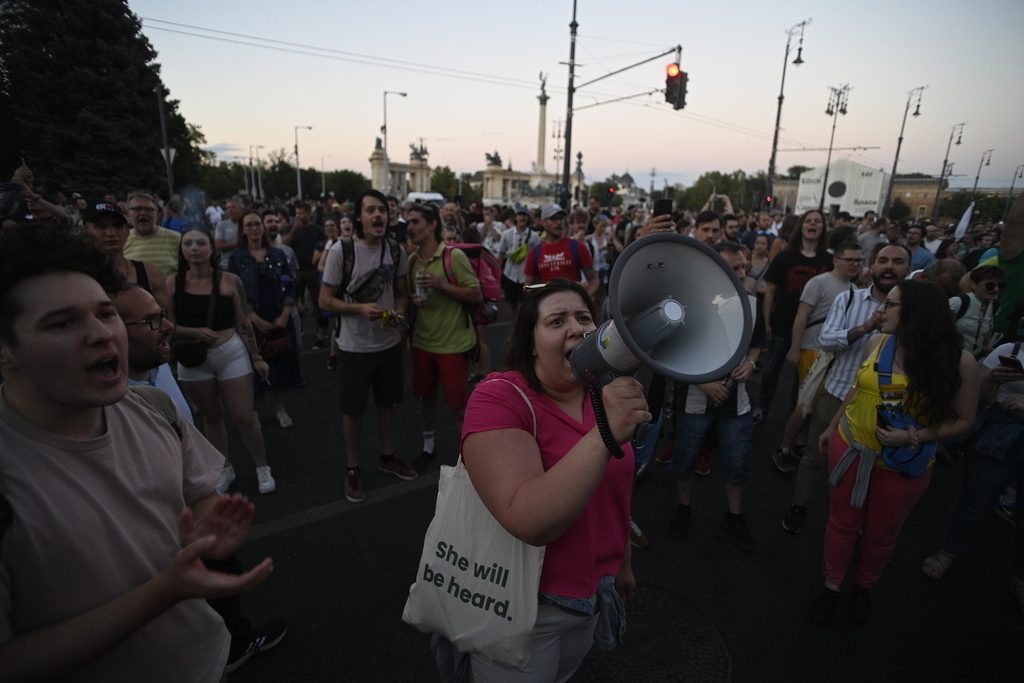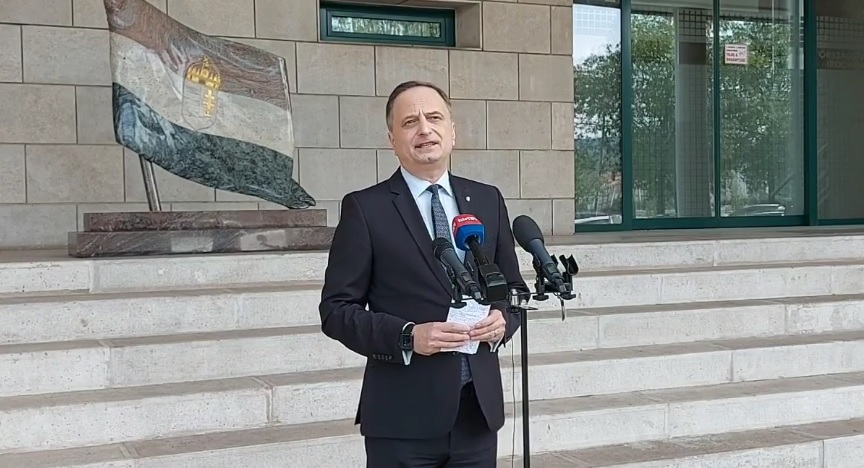Apart from helping students with their secondary school and university applications, Baltic Council for International Education also sends children, teenagers and adults to summer camps and language courses abroad. The leading education abroad agency has 28 years of experience, over 1000 partner institutions – prestigious secondary schools, language schools, summer camps and universities – all over the world and offices in 6 countries: Latvia, Lithuania, Estonia, Poland, Italy and Hungary. The newest office in Budapest opened in March this year and finished its first successful summer period sending students to summer camps and language courses in many different countries, including Spain, the UK, Cyprus, Germany and Austria.
Schoolchildren and students who decide to take part in a summer program through Baltic Council have the opportunity to choose from several available options in the UK, Malta, Cyprus, Spain, Germany, Switzerland, Austria, Canada or even the USA. Most students between the age of 12 and 16 choose to attend a general language camp, where foreign language classes are combined with various afternoon activities – going to the beach, having a movie night, a karaoke party, a barbecue and many others. Apart from English, Baltic Council also offers camps of other languages, like German, French or Spanish, which is also becoming more and more popular among students. Schoolchildren who wish to have a more academic experience during the summer, have the chance to dive into Mathematics, Science, Arts, Global Issues, or even International Relations, which could help them decide what to study later at university. Others, who are thinking of starting their studies in an IB (International Baccalaureate) school either abroad or in Hungary, can travel to an IB camp to get an impression of this kind of education; while others can choose to go to sports camps.
Eszter (15) for example, chose to take part in a three-week IB preparation camp in a prestigious boarding school, St. Clare’s Oxford, in the UK. The aim of such a camp is to get students acquainted with IB education; however, it also enables students to make friends with like-minded people from all over the world, develop their academic English skills and collect unforgettable experiences. Eszter had an amazing stay in Oxford, which she described as follows:
“Overall, I had an incredible experience in the camp and it definitely convinced me to choose IB in the future […] The helpfulness and flexibility of the teachers is indescribable […] The students came from almost every continent, there was a great diversity of nations […] The teachers highly recommended that I apply for a scholarship at St Clare’s as I would be welcome back […] To sum up, I had a great experience in Oxford and I can’t deny that my heart is telling me to go back.”
Another student, Tibi (15) is a great football-enthusiast, plays football many times a week, which was the main reason why he chose a sports camp in the UK – one, where English lessons in the morning are followed by football trainings and evening activities. As a part of this program, Tibi also had the chance to visit the famous Arsenal football stadium, which he described as a dream come true. Returning from the one-week camp, he felt more confident speaking English and also received professional feedback from the coaches regarding his performance during the trainings.
Summer camps have ended; the new school year has begun, which also brought the opening of online platforms for university applications: whoever graduates in June, 2023 can now apply to universities abroad. The Hungarian Baltic Council team is ready to help anyone interested in studying abroad: choosing the right country and program, writing a motivational letter, a personal statement and a CV, uploading documents to the correct platform until the given deadlines and so on. Students who are interested can sign up for a free consultation with the experienced counsellors on the Baltic Council website, or via email (hu*****@ba***********.org) or telephone (+36 30 229 70 77).
Read alsoOnly one Hungarian university’s Master’s programme has made the Financial Times TOP 100 list



